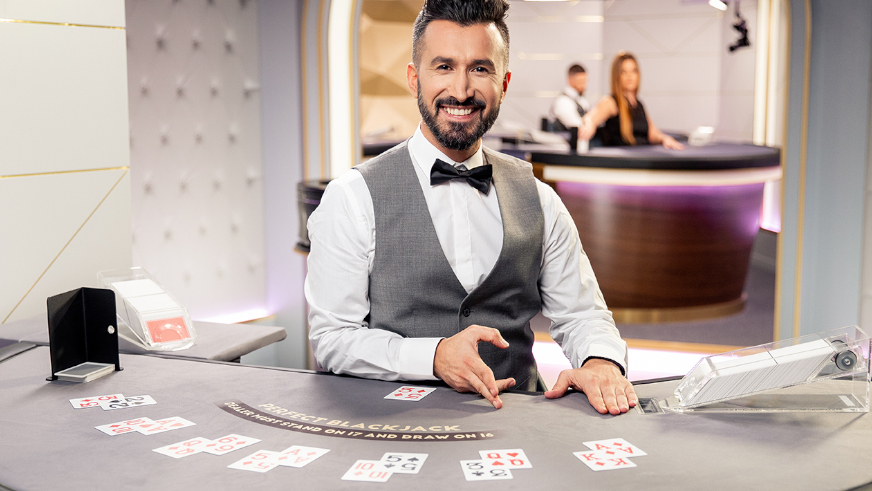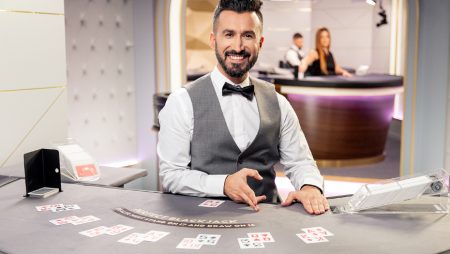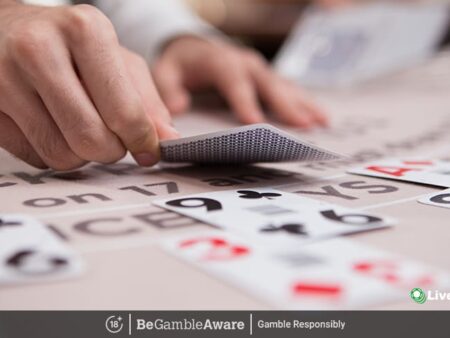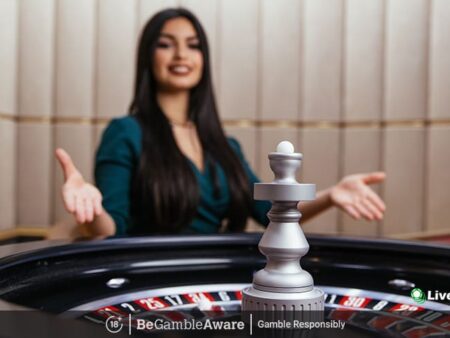Reading Time: 2 minutes Part of what makes blackjack fun for some players is the certainty with which you can play it. Unlike so many other casino games, there is always a right move to make when playing live blackjack. It may not always lead to a winning combination, but playing correctly does lower the house edge. To do so, you just need to follow the basic blackjack strategy.
When to Double Down in Live Blackjack?




One aspect of blackjack that is rarely discussed in detail is doubling down. Strategy charts tell us when to play it, but the exact details are usually glossed over. Learning how it works and when to use it goes a long way in improving how much you win. That is why we will go in-depth on how doubling down works in live blackjack and when you should do it!
How Does Doubling Down Work?
Choosing to double down means that you place another bet, of the same value as your initial wager. Players then draw one more card, and no more. There is no hitting after you double. This creates an added element of risk and skill. If you play your doubles right, you can boost a standard win and make it worth twice as much! Getting it wrong means losing twice as much, however.
The exact details of doubling down tend to vary between live casino tables. Some operators allow you to double down whenever. Others only allow you to double down if you have a 9, 10 or 11, or hard 10 and 11 hands. Similarly, some blackjack games allow you to double down when splitting, but most do not.
When to Double Down?
If your cards have a hard eleven score, you are usually safe to double down. This places you in a strong position, as it is impossible to bust with whatever card you draw. Even if you do not draw to 21, the available cards you can draw make it a worthwhile endeavour. This is the only double move that does not peek at the dealer’s cards to determine if you need to play it or not.
Hard nines and tens are also good hands to double down on, but they are best played against low numbers. For example, if the dealer is showing a seven, you probably do not want to double your hard nine. However, if a dealer has any number between two and six, doubling down on that number is a much safer bet.
One double down you can do with a soft hand are soft sixteens, seventeens and eighteens. Because the ace is your first card, even if your next drawn card is a big number, you will end up with a decent score. Even then, this double should only be played if the dealer’s first card is between two to six.
Another interesting double you can do is with an Ace, and any card between two and seven. If your number card and the dealer’s up card’s sum up to nine or more, you should double down. Looking at the math, you should not play this double if the dealer’s up card is an Ace, or if it is worth seven or above.
What About Splitting?
If you are allowed to double after splitting, we need to consider this option, as well. For the most part, we can rely on the advice from the basic blackjack strategy on when to split. That said, there are some exception to this. If you plan on doubling after splitting, you should not split a pair of fives. Having them form a hard ten is much better in terms of scoring a winning combination.











